BBC's phenomenally successful detective drama Sherlock is celebrating its 10th year anniversary. The show, starring Benedict Cumberbatch and Martin Freeman, received an unprecedented response worldwide and remains one of the most dynamic modern-day reboots of Arthur Conan Doyle's iconic literary sleuth.
In adapting Holmes, the show took a range of liberties from the books, placing characters and relationships in a contemporary context. Let us find out in what respects the series differed significantly from the original canon.
10 The Series Tries To Empower Women
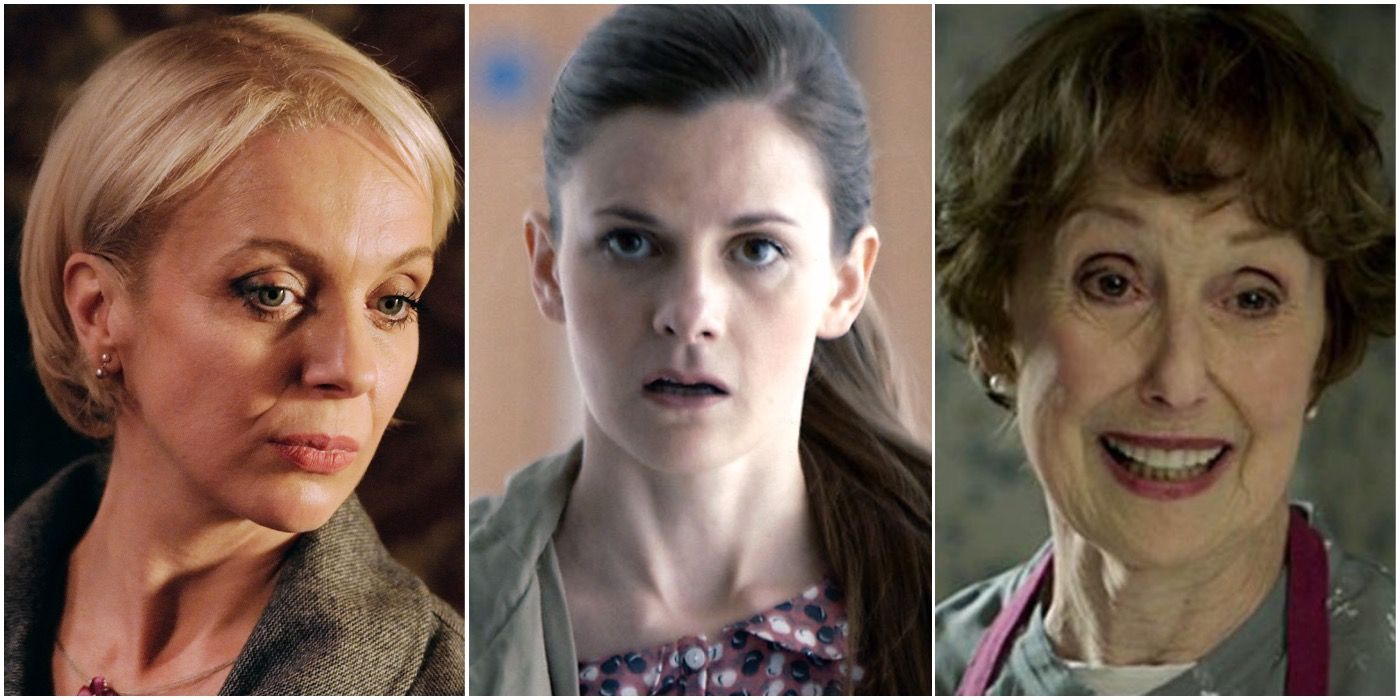
Although at the end of the day, the BBC show is about "a detective with a funny hat" solving crimes with his friend and trusted aide by his side, the show does try to incorporate strong female characters, filling a significant vacuum which was present in the original stories.
Conan Doyle's stories lacked empowered women, with the exception of Irene Adler, who was the only woman who had ever got away with fooling Holmes. Yet, in Sherlock, we find characters like the sassy landlady Mrs. Hudson, a former exotic dancer and currently a maternal figure to Sherlock and John, Molly Hooper, who acts as Sherlock's confidante in his time of need, and Mary Watson, who plays a vital role in season 3. Fans would know that Mrs. Hudson and Mary did feature in the books, but hardly ever had anything significant to do or say.
9 A Fictional Molly

Sherlock fans know the pivotal role that Molly Hooper played in Sherlock's life, despite never quite managing to engage him romantically.
Molly was the one person Sherlock turned to when he needed to disappear in the season 2 finale. There was also a crucial moment in season 3 when Molly was forced to tell him her feelings as part of Eurus' plot. Yet, interestingly, Molly's character never existed in the books; in fact, the series creators have stated that they initially intended for Molly to play a very small role as a colleague with a huge crush on Sherlock, but the character became an instant hit and went on to recur in every season.
8 Mary As An Ex-Assassin
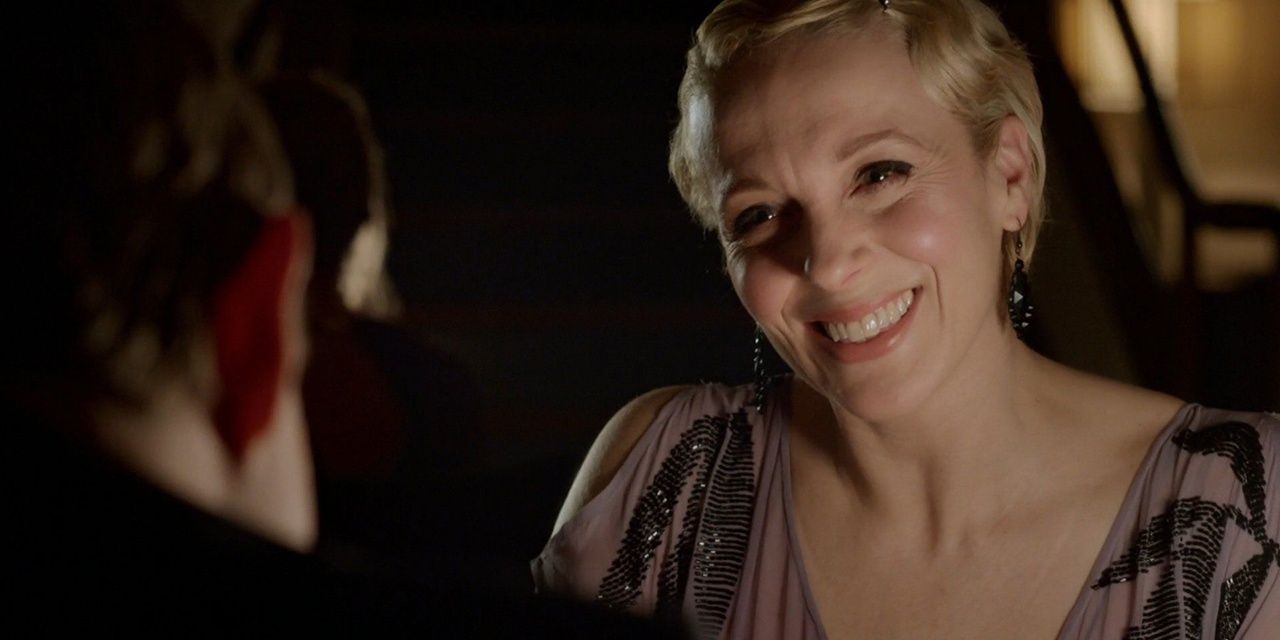
Mary Watson plays an important role, acting as a kind of stable anchor for the eccentric detective and the thrill-seeking John. However, one of the biggest twists of the series comes when Mary is suddenly revealed to be a former spy and assassin.
In the books, Mary Watson first appears when she brings a case to Sherlock Holmes, "The Sign of Four", and then accepts John Watson's proposal for marriage. She remains married to him for a while but unfortunately falls sick and dies soon after. The BBC series, however, makes her character far more cloak and dagger when she turns out to be an ex-hitwoman with excellent marksmanship skills, and finally kills her off dramatically.
7 Holmes' Parents
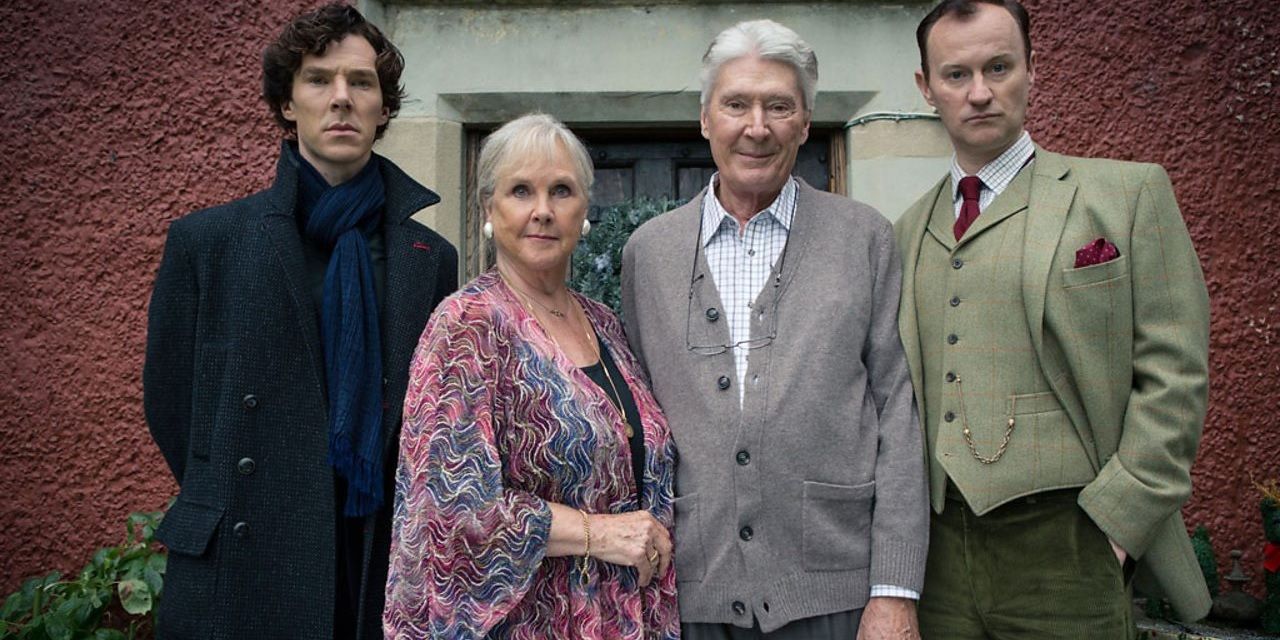
Conan Doyle never discusses Holmes' family, with the exception of his older brother Mycroft. There is only ever a passing mention of Holmes' ancestors being English country squires.
However, Sherlock surprises its audience pleasantly when it introduces Sherlock and Mycroft's parents in guest roles. The wholesome elderly couple is a far cry from what one would normally expect from the Holmes brothers--they are steady, grounded, and celebrate Christmas. Of course, the fact that Cumberbatch's real-life parents, both actors themselves, play the part of the Holmes parents, simply adds to the fun.
6 Eurus Holmes
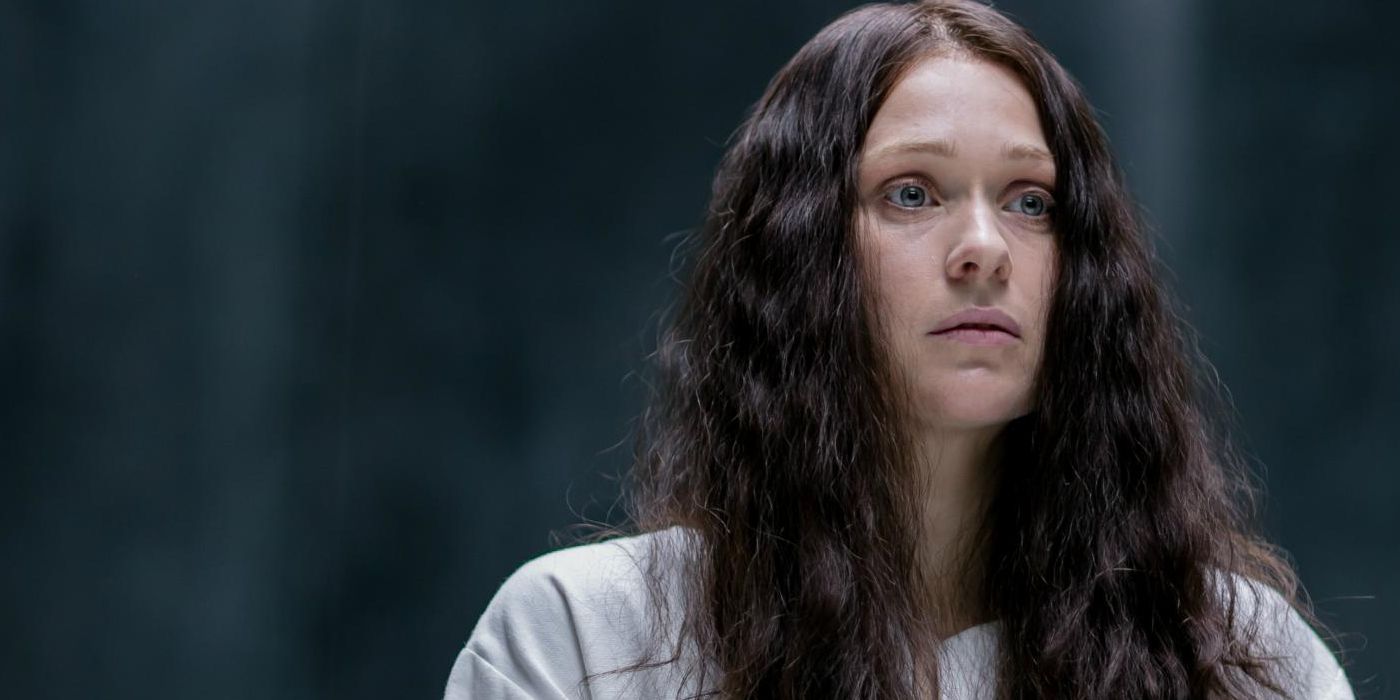
The primary antagonist that Holmes faces in season 4 turns out to be his sister Eurus, a deranged genius too dangerous for herself and others around her to be allowed to even walk free.
Once again, by creating Eurus, the showrunners depart from canon since, as mentioned earlier, the author never mentioned any family members that Holmes might have had apart from his brother. The show gets significantly darker in its final season, revolving around the sister Sherlock never remembered having, and conjuring a sense of impending dread. However, as far as the books go, Eurus never existed.
5 Irene Adler, The Dominatrix
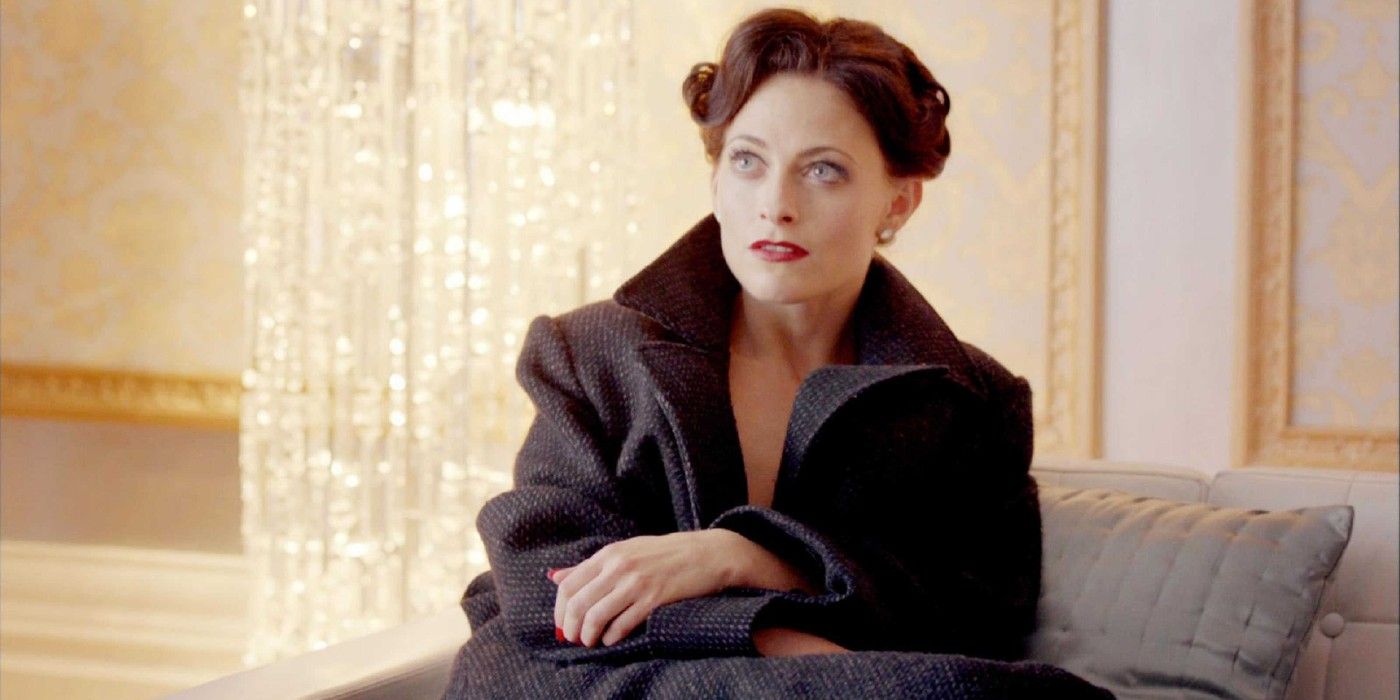
The showrunners utilized the scope of drama afforded by the books in the character of Irene Adler.
Adler is a mysterious woman; in fact, she is the only woman Holmes has ever conceded to admire, calling her 'the woman'. "A Scandal in Bohemia" describes her as an adventuress, and the writers take it quite literally when they make her into a professional dominatrix with some very high-profile clients whose identities are top secret. There is also a not-so-subtle hint at a physical attraction between Holmes and Adler--although that never gets addressed properly--which was never in the books.
4 Jim Moriarty Is Young And Gay
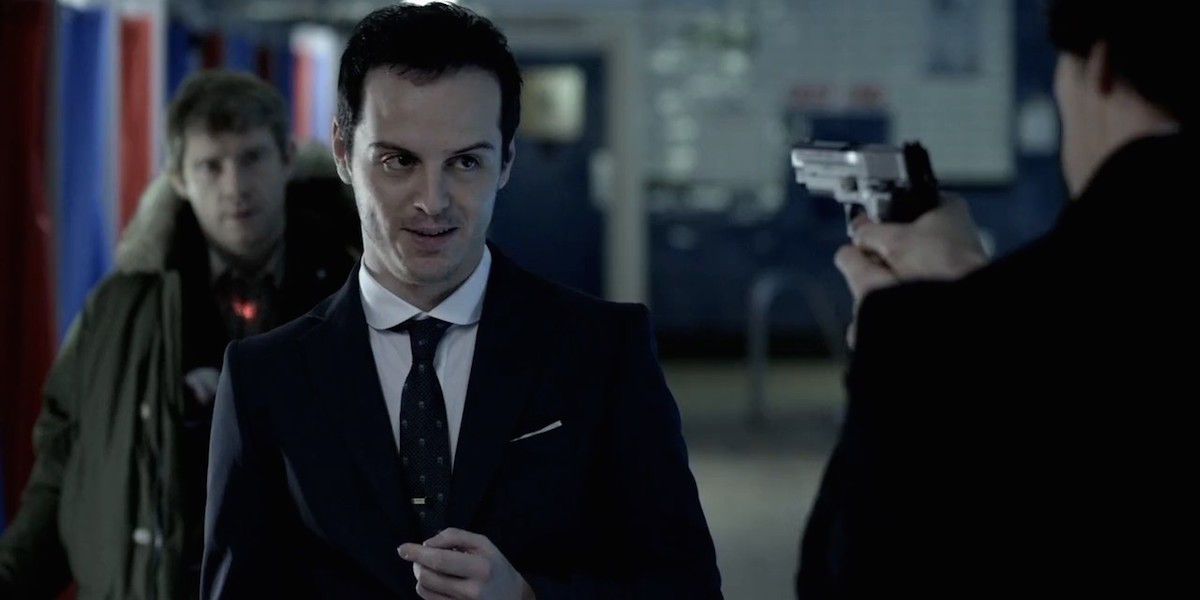
The sinister mathematics professor James Moriarty will always be remembered as Holmes' ultimate nemesis. In "The Final Problem", Moriarty gets into a fight with Holmes and falls to his death while Holmes survives.
Moriarty, in Sherlock, is an eccentric, gay, young criminal mastermind, played with alacrity by actor Andrew Scott. He first crosses path with Holmes when he starts dating Molly, purely to check out his arch-rival, Sherlock. In the season 2 finale, Moriarty shoots himself in the mouth, believing that the latter would kill himself too.
3 John Writes Blogs
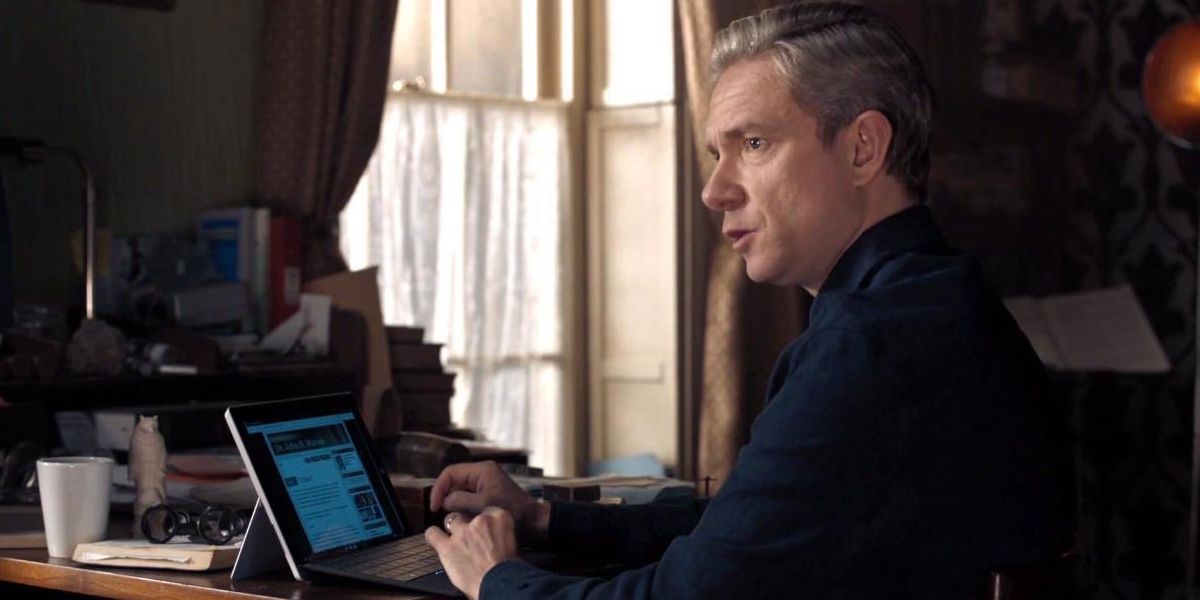
In the books, Watson is the observer and narrator of the remarkable adventures of the eccentric detective. In essence, Conan Doyle includes himself in the stories as the medic John Watson.
To keep up with the times, John in Sherlock writes blogs, not short stories or novels, which have a far reach and millions of readers. Modern-day promotional tactics even saw the producers creating an actual blog where John updated his thoughts from time to time, although that blog has been defunct for a while since the show ended.
2 John's Relationship With Holmes
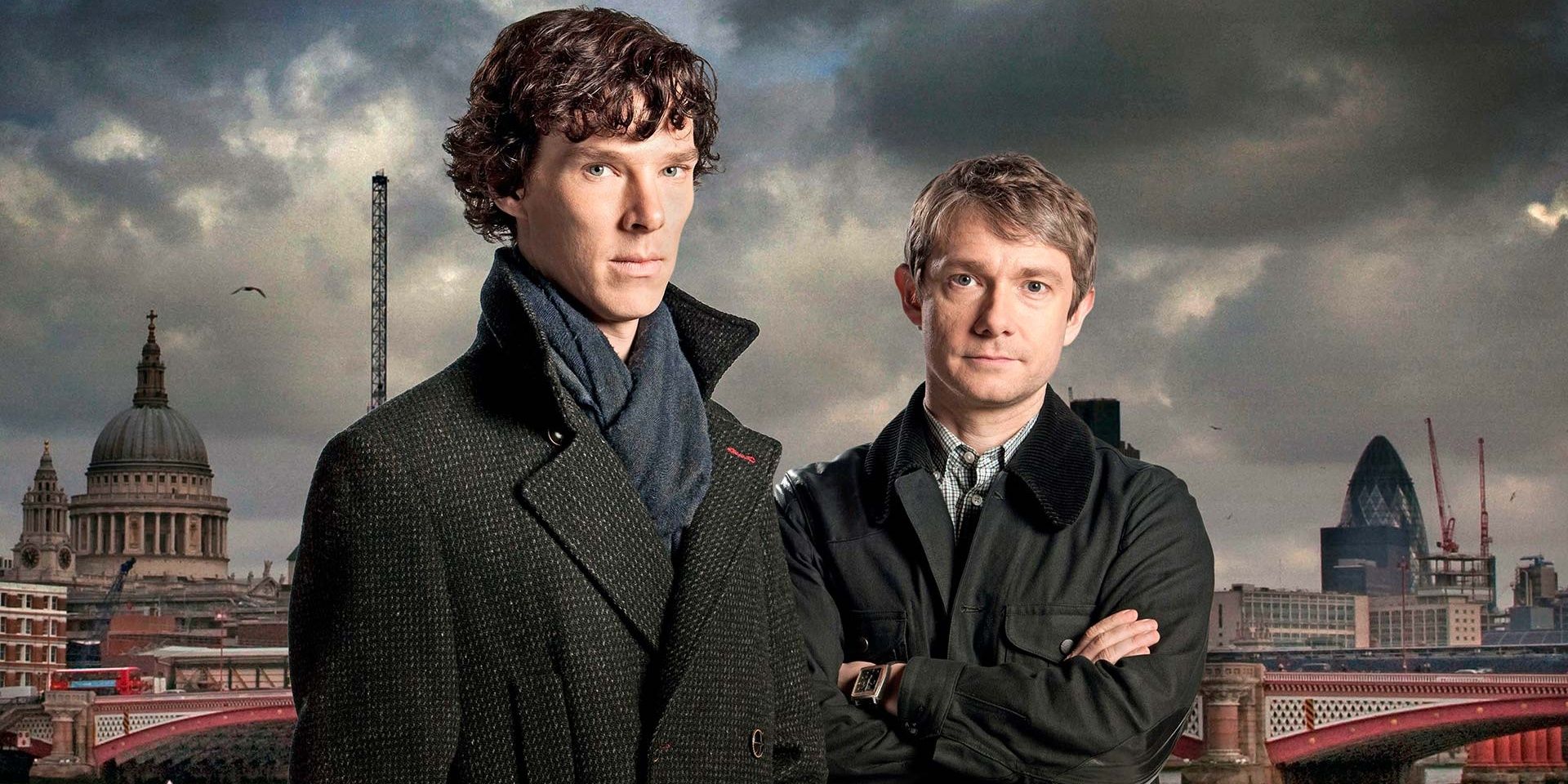
Watson's relationship with the taciturn Holmes always remained rather unsentimental in the books. Although they were clearly very close to each other and spent a lot of time together, Conan Doyle kept their camaraderie strictly English, with very little demonstration of affection.
However, John in Sherlock wears his heart on his sleeve, and his relationship with Sherlock is much more than just close associates. Sherlock is his best friend, as he mentions more than once, going as far as to make him his best man at his wedding, and being genuinely heartbroken at his presumed death. As their characters evolve, Sherlock too begins to accept his emotional vulnerability when it comes to John and his family.
1 A More Vulnerable Holmes
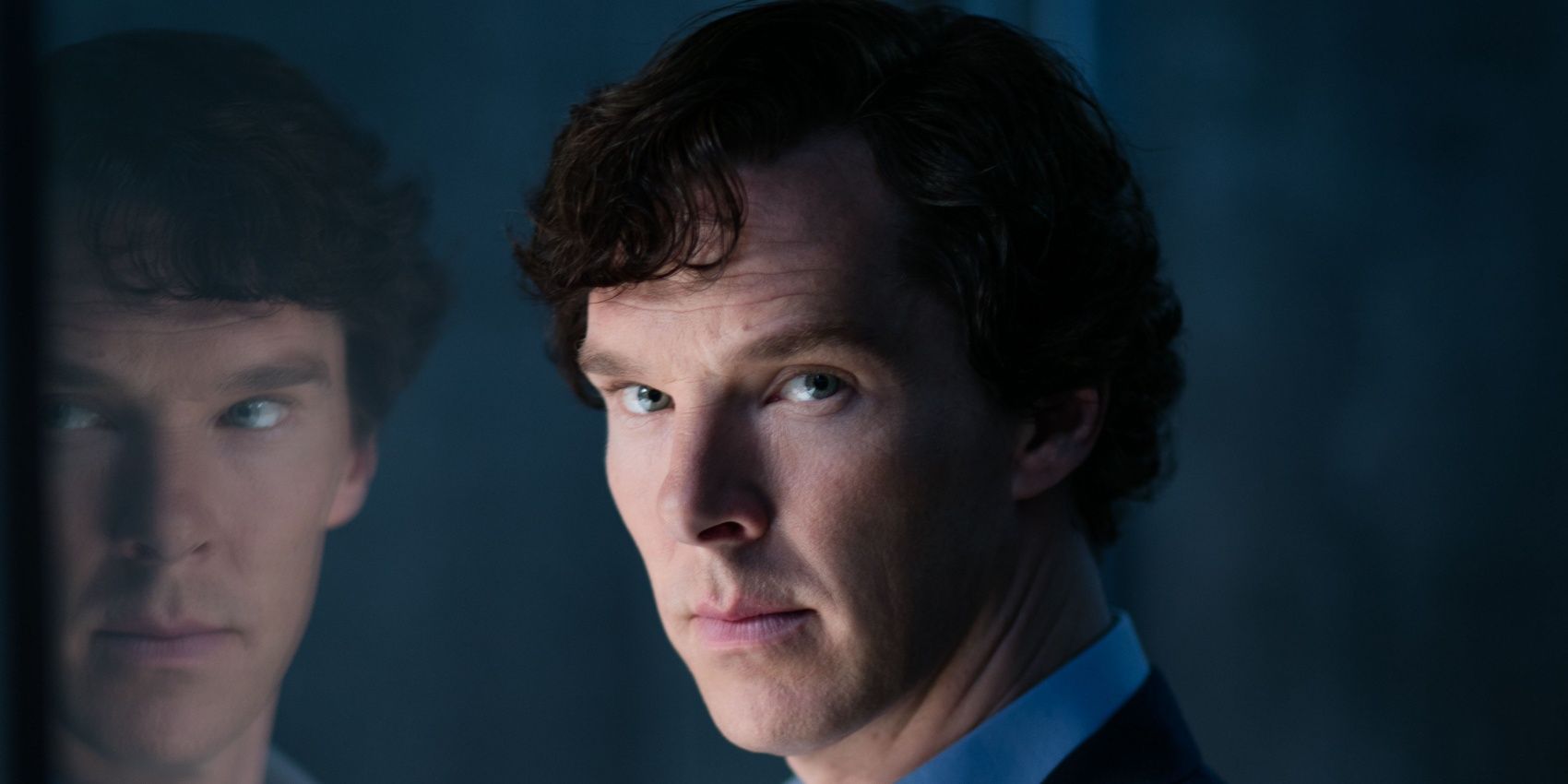
This brings us to the character of Holmes himself. Sherlock Holmes was always the picture of the detached in the public imagination, and that is how Conan Doyle intended him to be.
But Cumberbatch's Sherlock, he starts out as uncaring, often hurting people who loved him. Yet, in time his character evolved into being more emotionally vulnerable. Sherlock feels a sense of responsibility when Mary is killed and considers himself a guardian of sorts for John and his little daughter. He also finally feels a sense of shame when it dawns on him in season 4, that he had treated Molly--who had loved him all his life-- quite atrociously.
from ScreenRant - Feed https://ift.tt/2PZy3so

0 Comments